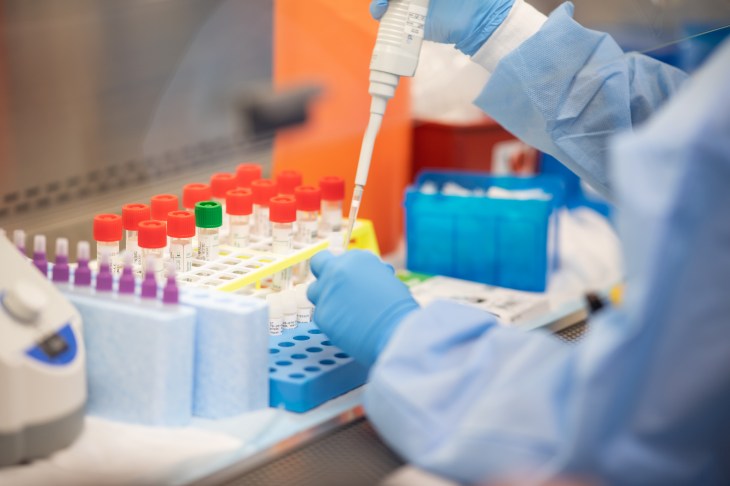Here is the list of different types of coronavirus tests and the most efficient of all:
With the rise of coronavirus, covid-19 tests have not only become common but also very important. It is very necessary to diagnose coronavirus and get it treated. Over a period of time, many types of Covid tests have been developed and made available to the general public. However, now it is difficult to decide which one is the best. So here is the detail of COVID testing and what tests are best suited for us.
The purpose of the covid test?
Covid-19 tests are useful for detecting the coronavirus in our body. The tests help in confirming active cases, whether symptomatic or asymptomatic. It not only facilitates quick and immediate treatments of the patients but also helps in containing the spread of the virus.
For now, there are two main types of COVID-19 tests known as diagnostic tests and antibody tests. While diagnostic tests detect active coronavirus infections in people’s mucus and saliva, antibody tests look for evidence determining whether or not your body has already encountered the virus. There are different types of COVID-19 tests available to us.
- Rapid or Antigen test

Rapid test is also known as the antigen test, they are a quick way of detecting the virus. Therefore, rapid tests are most widely used in areas that have a large number of people, such as airports. Though this type of test is cheap and quick, it may be prone to producing false-negative results and may miss cases of active infection.
- Molecular test
If you want accurate and efficient COVID-19 testing, then RNA tests are the best. It is a diagnostic test the healthcare provider will collect mucus from your nose and throat using a swab.

- Antibody test
There is an antibody test that looks for possible antibodies that protect your immune system from the coronavirus. They are proteins your immune system produces to fight off harmful pathogens. An antibody test can detect active coronavirus infection and also tell you if you have encountered the virus in the past.














